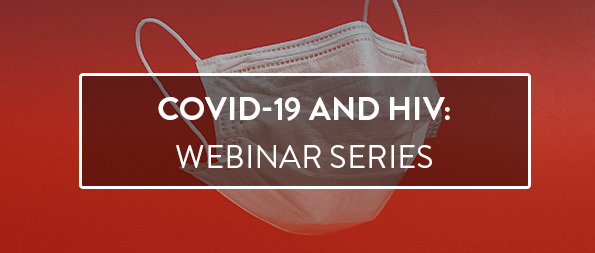HIV Pediatrics 2020 Workshop Report
The International Workshop on HIV & Pediatrics 2020 took place virtually on 16-17 November. It provided a global update on paediatric HIV and explored pertinent issues through dedicated plenary and oral abstract sessions on prevention of mother-to-child transmission of HIV, paediatric treatment and care, and adolescents and HIV. It also included sessions on COVID-19 in children.
UNICEF and Virology Education have developed a workshop report that summarises highlights and learnings from each session.
Presentations and webcasts (provided speaker's consent) are also publicly available and can be accessed here.
